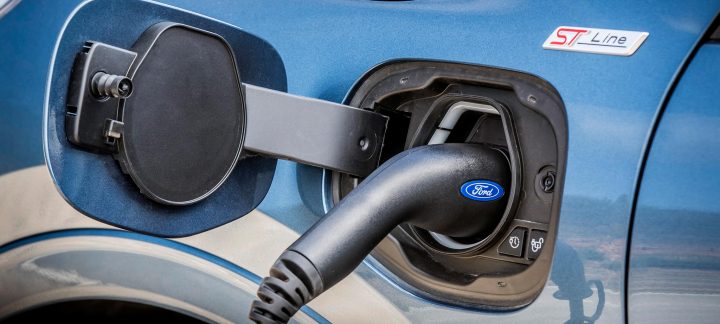The boss of one of Britain’s biggest car leasing businesses has criticised the government for slashing electric vehicle grants at the very time they’re making a crucial environmental and economic difference.
Alderson also warned the government had ‘shot itself in the foot’ by making the ‘ill-timed’ changes and had plunged its own goal of ending all petrol and diesel sales by 2030 into jeopardy.
It came just weeks after the brand announced that electric vehicle sales had skyrocketed by more than 1,000% in 2021. However, the new grants could stifle the huge demand for EVs Vanarama is expecting in the next 12 months.
Alderson said,“After Boris’s cringeworthy address and Peppa Pig references to the CBI a few weeks ago, I suppose we shouldn’t be surprised to see him making a PIcG’s ear of the Plug-in Car Grant, but this situation is far from funny.
“The government announcement came as a complete shock to the industry and has the potential to do enormous damage both economically and environmentally.
“The Plug-in Car Grant and Plug-in Van grant have both been major factors in helping people make the decision to move away from older and more polluting technologies to greener and cleaner EV.”
|
Commenting on the rates and eligibility criteria of Plug-in Grants for cars and vans, BVRLA Chief Executive, Gerry Keaney, said, “Financial incentives such as the Plug-in Grants have proven to be a positive factor in encouraging people into electric vehicles, evidenced by the continued growth we’re seeing. Subsidies cannot run forever, but the fleet sector relies on certainty, reducing these grants will have a negative impact on this. “While we’ve seen high levels of uptake within the car market, the situation is not the same for electric vans. The disparity across the industry means that sweeping solutions are not suitable. “Incentives have had a positive impact to date but there is more to be done. It is disappointing to see support declining when cost remains a crucial stumbling block. “There remain many barriers that are slowing down the mass transition to electric vans. Today’s news increases those challenges and will delay the uptake of electric vans. This is particularly the case for SMEs, where the lack of price parity between ICE vehicles and electric alternatives makes it hard to create a realistic business case to make the switch. |
Mike Hawes, SMMT Chief Executive, said, “Slashing the grants for electric vehicles once again is a blow to customers looking to make the switch and couldn’t come at a worse time, with inflation at a ten-year high and pandemic-related economic uncertainty looming large.
“Industry and government ambition for decarbonised road transport is high, and manufacturers are delivering ever more products with ever better performance. But we need to move the market even faster – from one in a hundred cars on the road being electric, to potentially one in three in just eight years – which means we should be doubling down on incentives. Other global markets are already doing so whereas we are cutting, expecting the industry to subsidise the transition, and putting up prices for customers. UK drivers risk being left behind on the transition to zero-emission motoring.” |
Denise Beedell, Public Policy Manager at Logistics UK, said, “We are disappointed to see reductions for plug-in van grants being brought in without notice and less than a year since the previous plug-in grant rate reduction.
“Reducing financial support at this time is unhelpful for a sector that is already working hard to decarbonise, while handling significant supply chain and cost pressures. Logistics businesses are determined to move to low and zero tailpipe emissions vans as swiftly and effectively as they can, but the decision to reduce the grants for electric vans under 3.5 tonnes will be detrimental to this transition; we are, however, pleased to see that the grants for larger vehicles over 3.5 tonnes will remain the same.”


